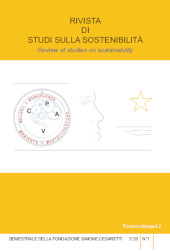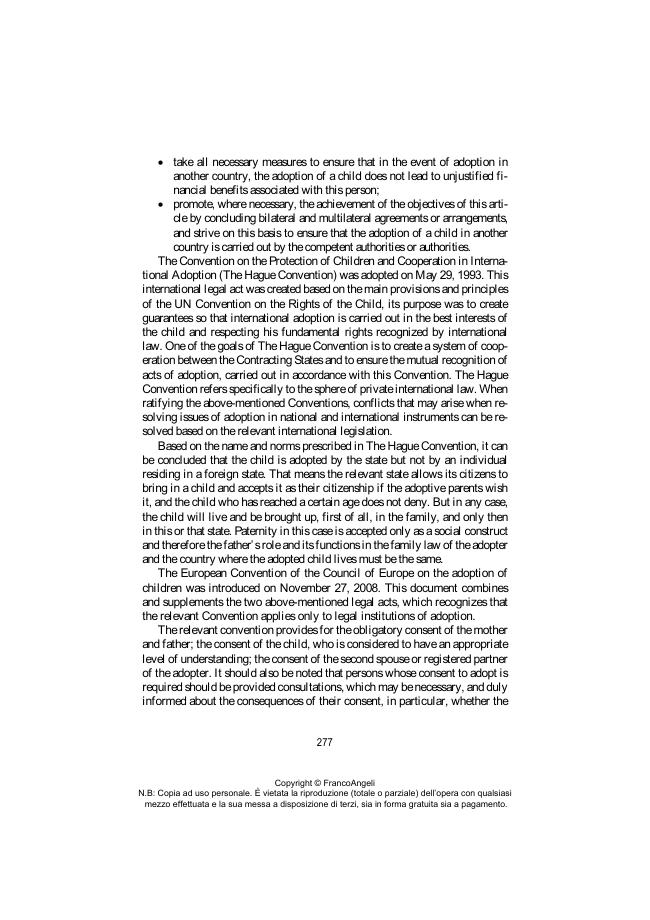Legal problems of the paternity institution : child's rights ensuring issues
267-286 p.
The aim of the article is to analyze the paternity as a component of the institution of the family, its modern transformations and the resulting challenges, including modern features of parenthood. The authors show that the modern understanding of paternity is determined by gender identity and social constructs that equalize the rights of all persons who act as guardians of the child. The authors determine that the problem of paternity involves not only civil issues, but also family and international law. The authors of the article clearly show that paternity can act not only as a voluntary, conscious act, but also as a mandatory legal norm. In particular, the authors note that it is possible to use the method of establishing paternity or delegating part of the authority to raise a child in the context of considering public law and its prevalence over family law.
The practical significance of the study is determined by the fact that the importance of establishing the principles, as well as the legal conditions for implementing the functions of paternity, will form not only legal but also social forms and even economic parameters for citizens and address issues of ensuring human rights, including the rights of the child. [Publisher's text].
-
Articles from the same issue (available individually)
-
Information
ISSN: 2239-1959
KEYWORDS
- Paternity, marriage, family, child custody



